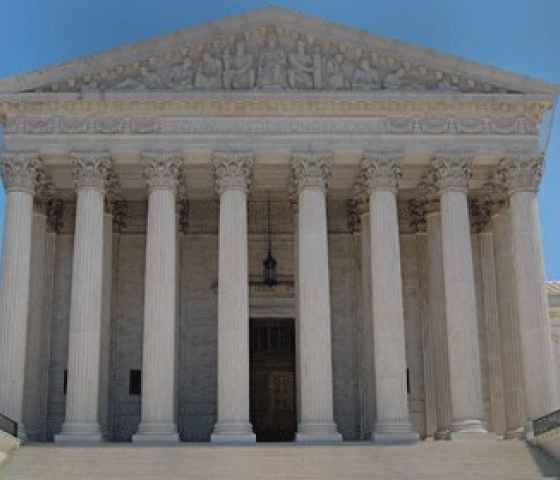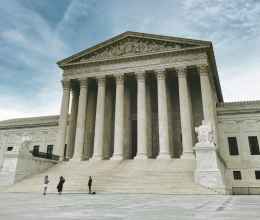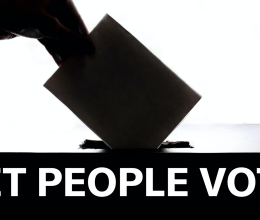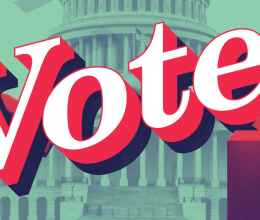ALBUQUERQUE, NM – A recent voting-rights ruling by our nation’s highest court could impact a redistricting lawsuit brought by the Navajo Nation against New Mexico’s San Juan County Commissioners. In Allen v. Milligan, the U.S. Supreme Court found that Alabama had drawn its congressional districts to dilute Black voting power, violating Section 2 of the federal Voting Rights Act.
The Milligan case mirrors the ongoing San Juan County lawsuit. In 2021, the San Juan County Board of Commissioners adopted a redistricting plan that packs Native American voters into a single district, depriving mostly Navajo voters the opportunity to elect two candidates of their choice during county elections, despite them constituting almost 40% of the county’s total population.
“The adopted redistricting plan for San Juan County Commission disenfranchises Navajo voters by packing Navajo voters into one district, while the Navajo Nation's effort is to provide an increased opportunity for Navajo voters to elect a candidate of their choice in two districts,” said Navajo Nation Human Rights Commission’s Executive Director Leonard Gorman “The Milligan case was decided in the United States Supreme Court and essentially reaffirms the rights of Navajo people to elect candidates of their choice.”
The Navajo Nation’s Human Rights Commission and five tribal members sued San Juan County in February of 2022. They are represented by the American Civil Liberties Union (ACLU) of New Mexico, Lawyers’ Committee for Civil Rights Under Law, UCLA Voting Rights Project, Navajo Nation Department of Justice, and DLA Piper.
“The Supreme Court’s decision reinforces the point that San Juan County has a duty to ensure Native voters are given an equal opportunity to participate in the electoral process,” said ACLU of New Mexico’s Senior Staff Attorney, Preston Sanchez. “Navajo voters are the largest single racial or ethnic group in San Juan County. The county’s redistricting plan, however, is clearly an unfair and unlawful attempt to dilute San Juan County’s Indigenous voting power.”
The Navajo Nation had proposed alternative plans to create two Indigenous-voter majority districts out of five districts.
In Allen v. Milligan, the U.S. Supreme Court ordered Alabama to redraw its congressional map.
“I am pleased to see the Supreme Court upholding the rights of minorities to be fairly represented,” said Speaker of the Navajo Nation Council Crystalyne Curley. “The Nation utilizes these laws in our own redistricting cases, including the one currently pending in San Juan County, New Mexico. This decision demonstrates that we have a right to fair representation and for our voices to be heard.”
“Voting rights are essential to a democracy. Protecting the Navajo People’s right to vote in federal, state, and county elections is critical to the health of the democracies that we find ourselves living in,” said Navajo Nation President Buu Nygren.






